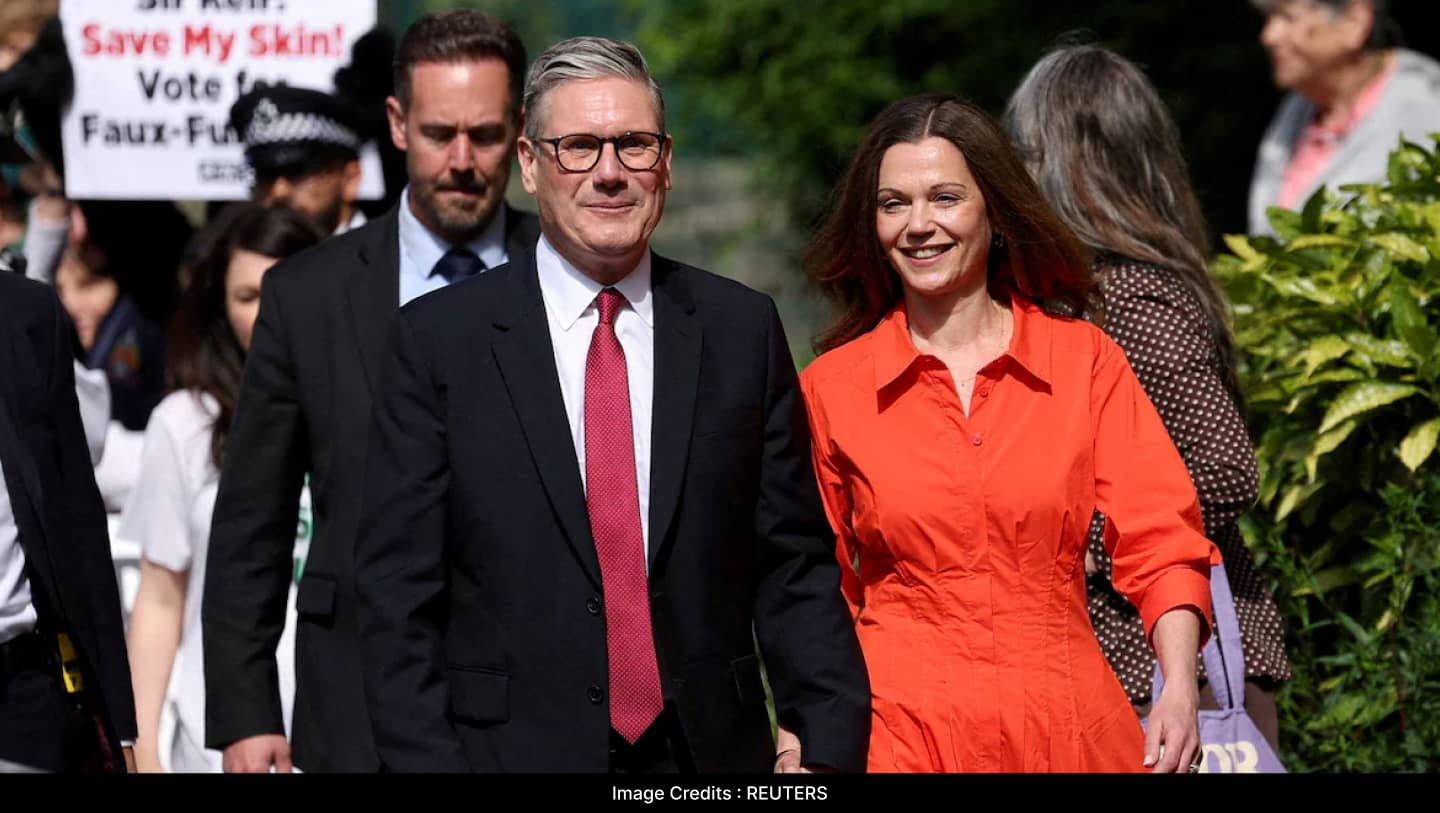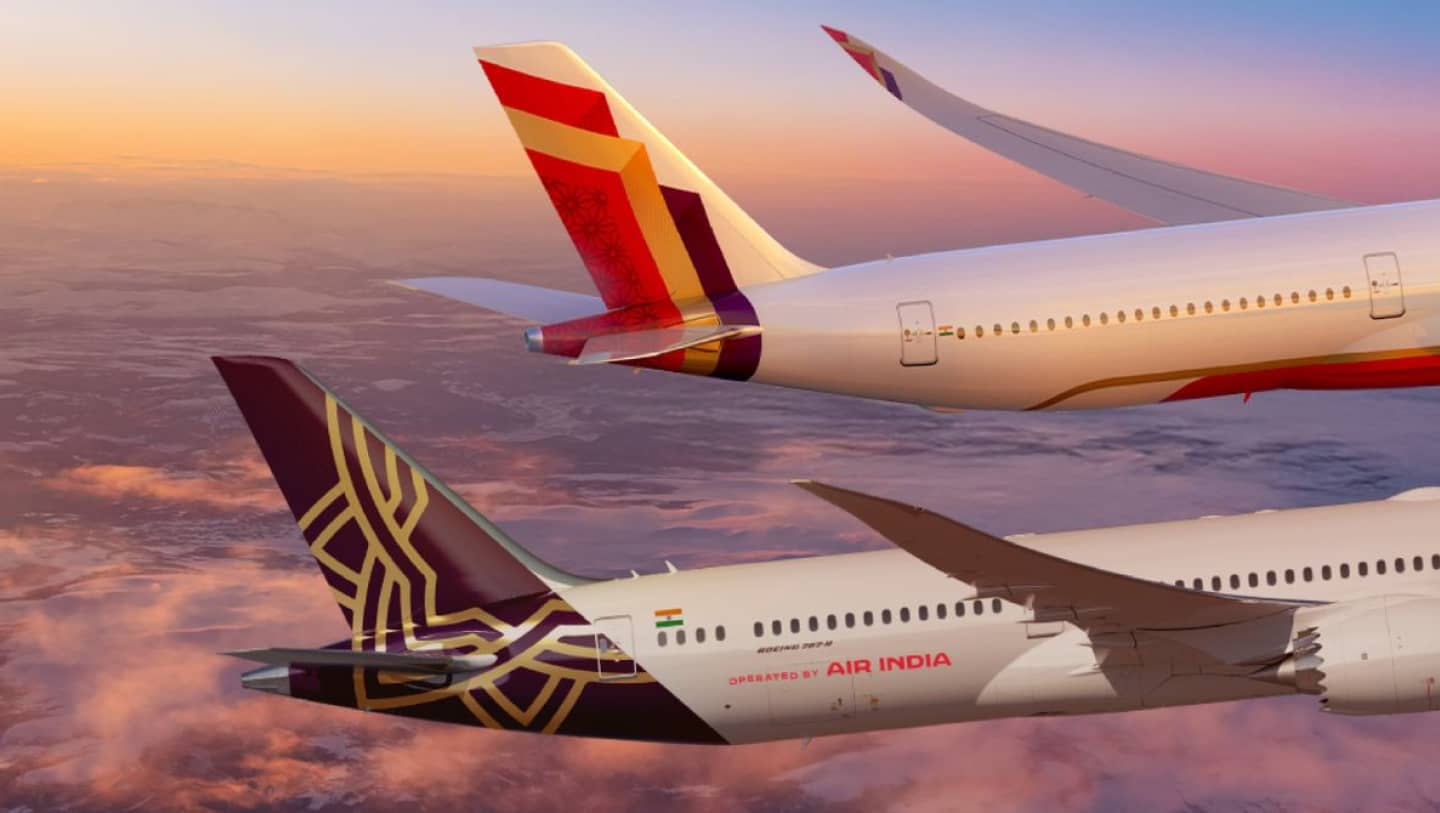Keir Starmer, the leader of the Labor Party who is set to become Britain’s new prime minister, expressed gratitude to voters on Friday and stressed readiness for change and “an end to performance politics”.
After his victory in Holborn and St Pancras, the 61-year-old stressed in his speech that regardless of how individuals voted, he was “committed to serving all the people of his constituency”.
Labour, out of power since 2010, has outlined a foreign policy approach called “progressive realism”, according to David Lammy, who is likely to take over as foreign secretary.

Keir Starmer received 18,884 votes in this election, followed by independent candidate and pro-Palestinian activist Andrew Feinstein. However, Starmer’s majority saw a significant drop from 22,766 votes in 2019 to 11,572 votes this election.
What is “Progressive Realism”?
Progressive realism is a foreign policy approach combining pragmatism with a commitment to progressive values and principles such as human rights, equality and democracy. This strategy recognizes the complexity of the global landscape as it exists, rather than as idealized, with the aim of navigating international relations pragmatically while promoting progressive values.
Also Read
- Indian whiskey brand ‘Amrut’ named ‘World’s Best Whiskey’
- Colonial-Era IPC Out, New Criminal Laws Take Effect From Today
Starmer’s approach to striking a balance between realism and idealism in foreign affairs was evident in his statements on the Kashmir issue in 2020.
Starmer’s manifesto includes a commitment to create a “new strategic partnership” with India, focusing in particular on the promotion of a free trade agreement (FTA). This commitment underscores his intention to strengthen bilateral ties across various sectors, including technology, security, education and climate change, to strengthen relations with India, one of the world’s fastest growing economies.
It should be noted that the population of Indian origin is the largest ethnic minority community in the United Kingdom, accounting for over 2.3% of the total population, which is approximately 1.5 million individuals.
India, on the other hand, aims to provide greater mobility opportunities for its skilled professionals. A Labor government could be more inclined to negotiate concessions on mobility issues.




